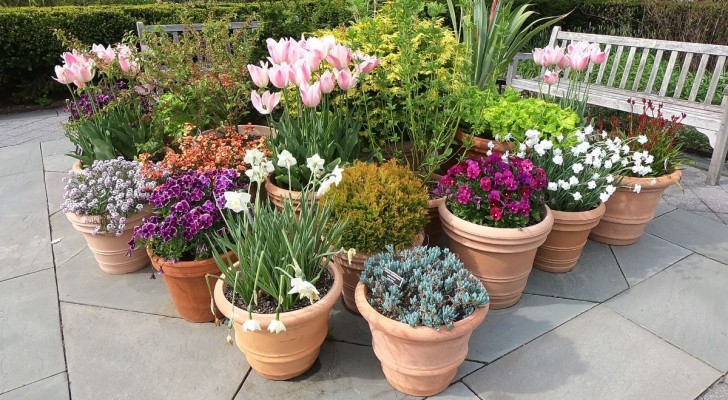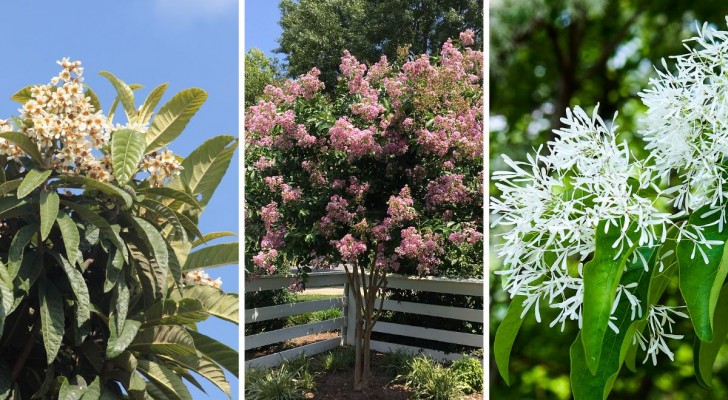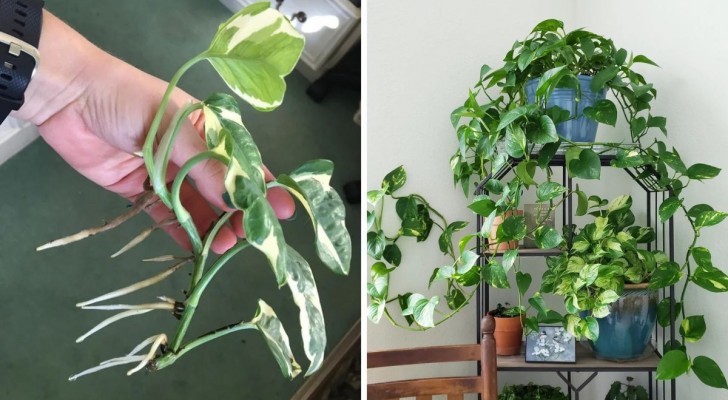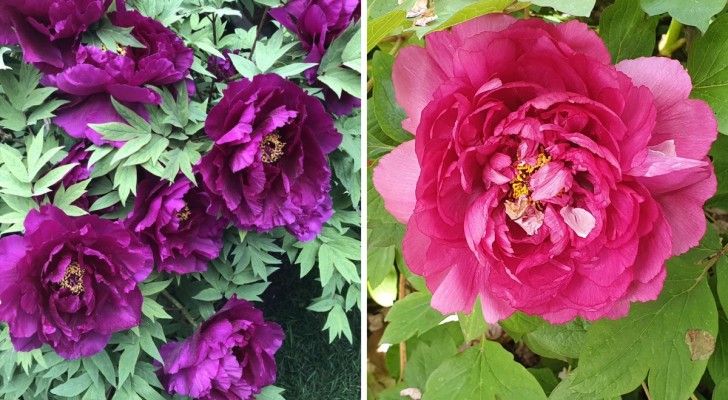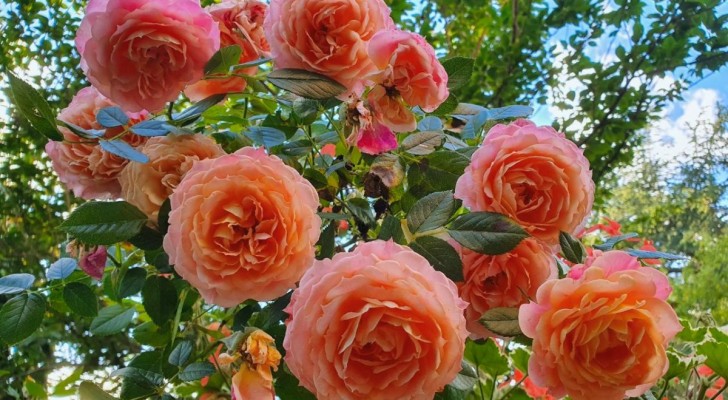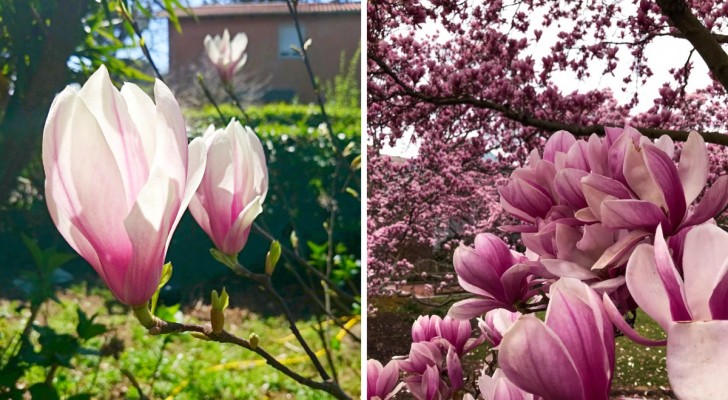Cochineal on your plants? Find out how to save them using these simple methods
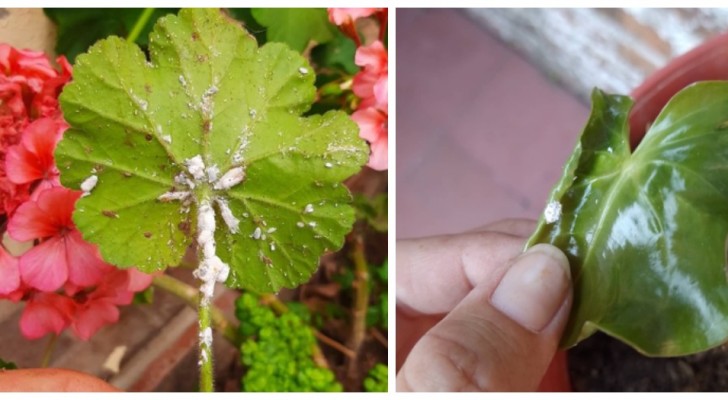
Growing plants, whether they be decorative or regular garden plants, means not only ensuring that they grow in the best possible conditions, but also protecting them from animals and parasites. A type of insect that often damages plants and, if not eliminated, can kill them, is the so-called cochineal (or scale insects). This term describes a family of phytophagous insects, that is, those that feed on the sap of plants. Scale insects are very similar to (but not the same as) aphids.
The first sign that should trigger the alarm is the death or wilting of leaves and flowers which, on closer inspection, are also accompanied by the presence of many ants or - even more commonly - by white deposits or honeydew (a sticky substance) on leaves, the stems or even the flowers. In fact, the ants feed on that honeydew that is secreted by the scale insects, and "in return", the ants protect the larvae of these parasites.
The first form of defense we must give the plant is the manual removal of these insects and the white formations. Then, we need to move on to treat the plant with insecticidal soaps or DIY remedies such as those indicated below.
Isopropyl alcohol
If the infestation is not wide-spread and has been caught early, it may be sufficient to use 70% isopropyl alcohol (or even a lower concentration).
- Pour some alcohol into a small bowl of water (more or less in a 50/50 proportion, or even increasing the amount of water a little: 60/40 for example).
- Dip a cotton wool ball into the solution.
- Gently rub wherever you see the white bugs and their formations.
If you are unsure of the reaction the plant will have to the liquid, try rubbing this mixture on a single leaf and check for two days if there seems to be any burn marks on it. If nothing happens, you can proceed with the treatment.
Alternatively, you can add a few drops of organic dish soap or Marseille soap to the mixture of water and alcohol and then pour everything into a spray bottle. Then spray the product you have prepared on the plant and rub the infected surfaces with cotton wool balls.
When the infested plant is a cactus, or if the insects are found on hard and woody stems, you can use an old, soft-bristled toothbrush to work the liquid over the plant's surface.
It is recommended that you repeat these treatments twice a week, until you no longer see signs of cochineal.
As for the soaps that you can use, you can choose between:
- Soft potassium soap, or "grandmother's yellow" soap which is composed of only three ingredients, namely water, a vegetable oil (often coconut) and potassium hydroxide.
- Pure Marseille soap, composed of water, a vegetable oil and caustic soda.
- Castile soap (a mixture of different vegetable oils, water and caustic soda).
Soaps of this type are diluted in water (about 4 tablespoons per liter) and sprayed onto the plant.
Have you ever used similar remedies to save your plants from scale insects?
